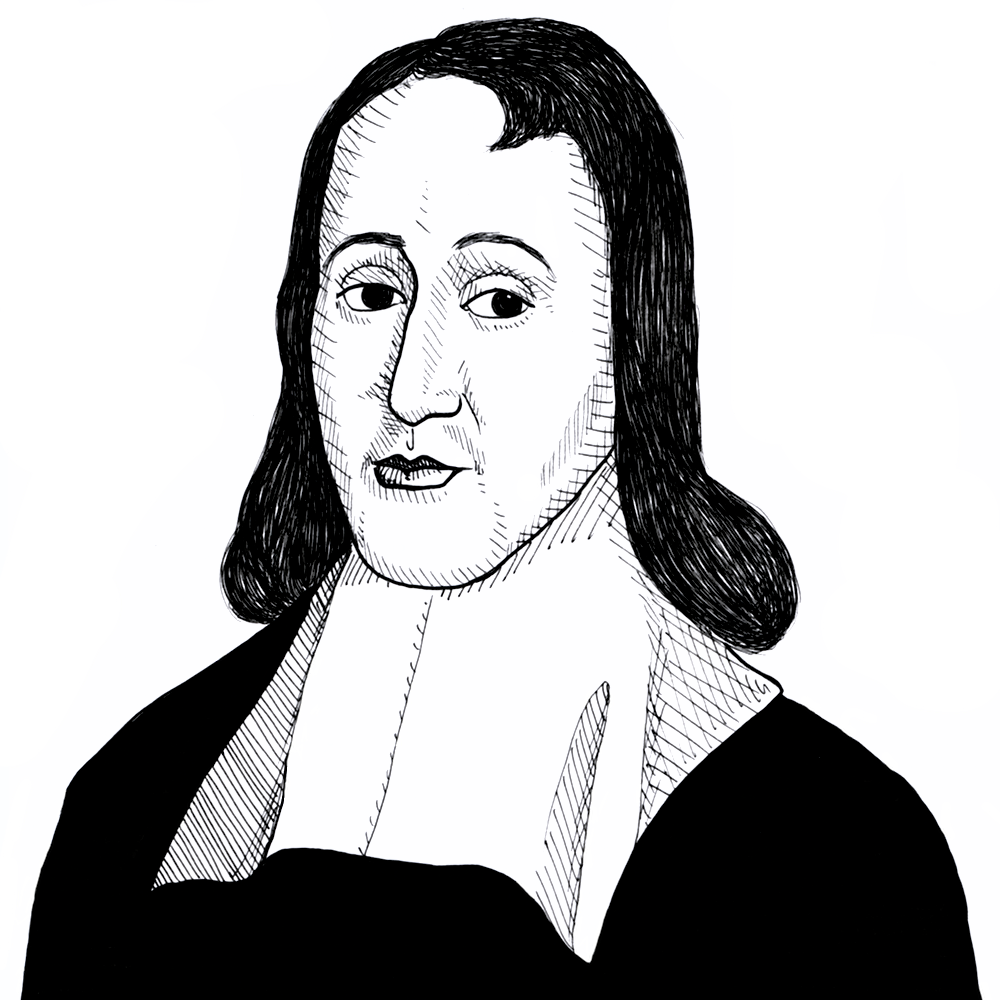
Spinoza on the dangers of using superstition to hoodwink the people (1670)
Found in: The Chief Works of Benedict de Spinoza, vol 1
The 17th century rationalist philosopher Benedict de Spinoza (1632-1677) warns how religion can be misused by tyrants to hoodwink the people into fighting just as bravely for their own slavery as for liberty:
Religion & Toleration
But if, in despotic statecraft, the supreme and essential mystery be to hoodwink the subjects, and to mask the fear, which keeps them down, with the specious garb of religion, so that men may fight as bravely for slavery as for safety, and count it not shame but highest honour to risk their blood and their lives for the vainglory of a tyrant; yet in a free state no more mischievous expedient could be planned or attempted. Wholly repugnant to the general freedom are such devices as enthralling men’s minds with prejudices, forcing their judgment, or employing any of the weapons of quasi-religious sedition …